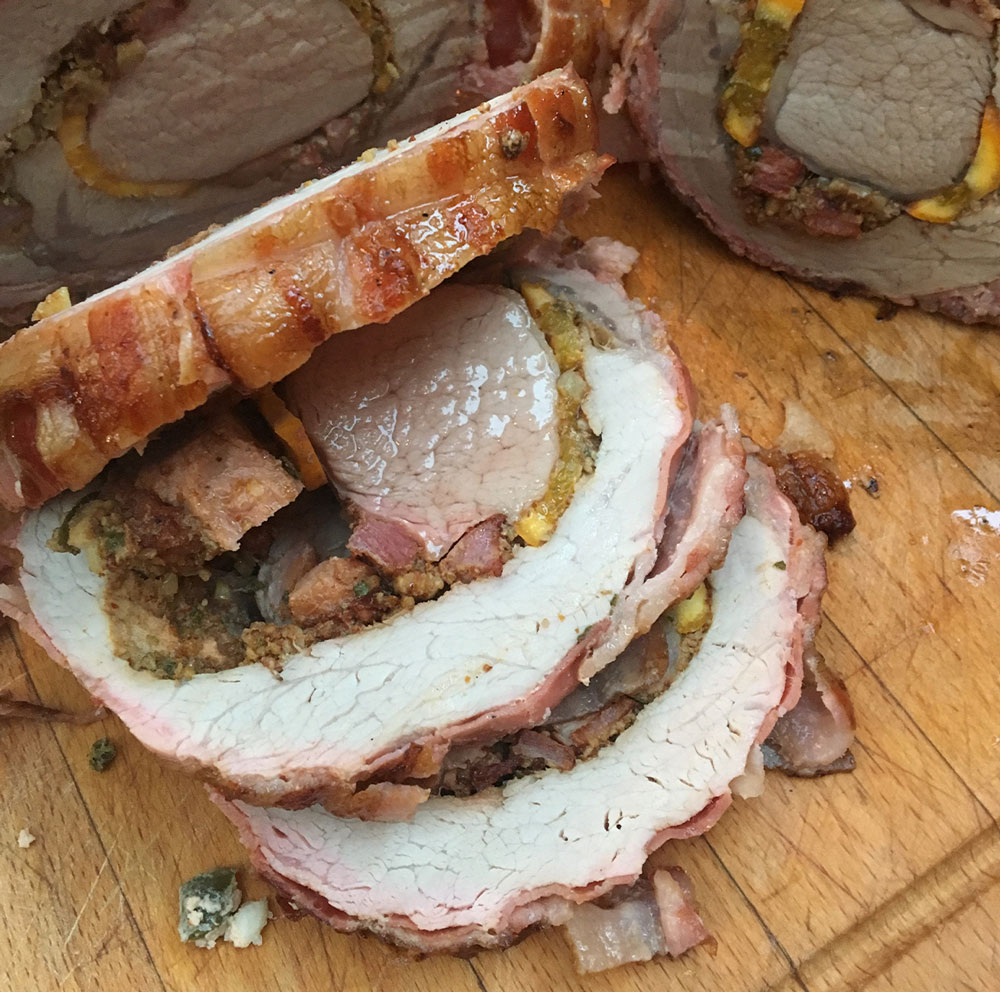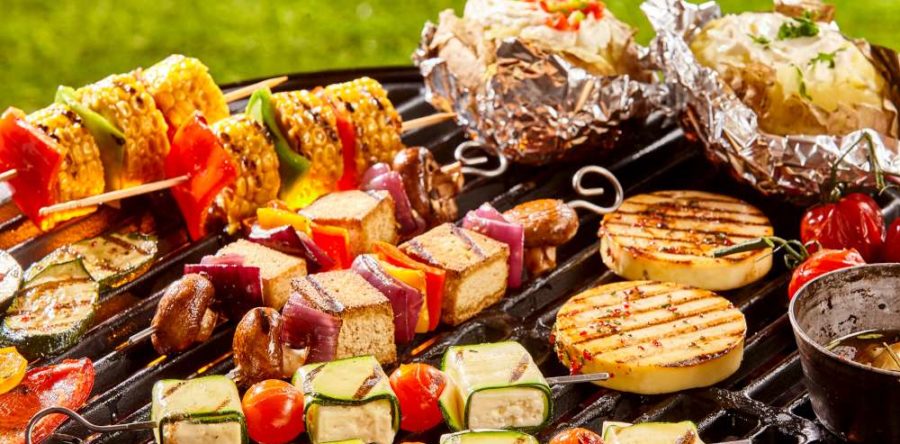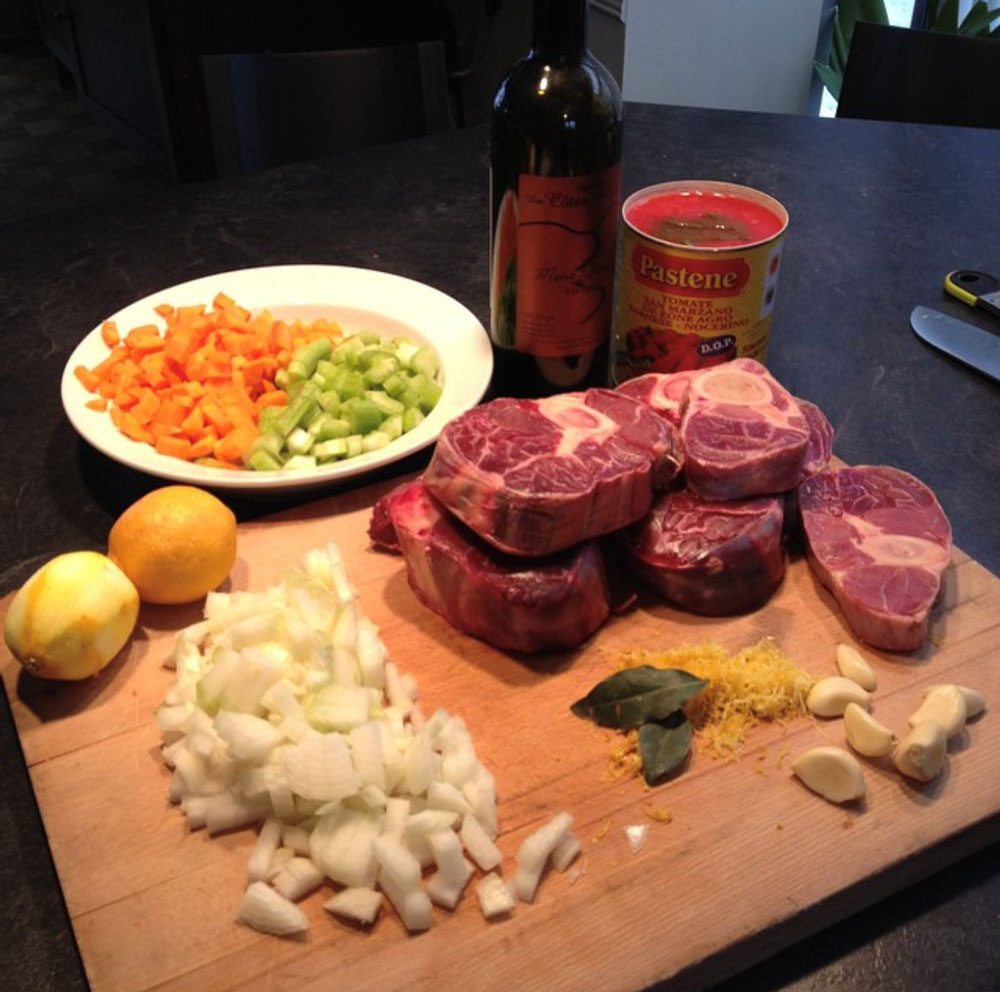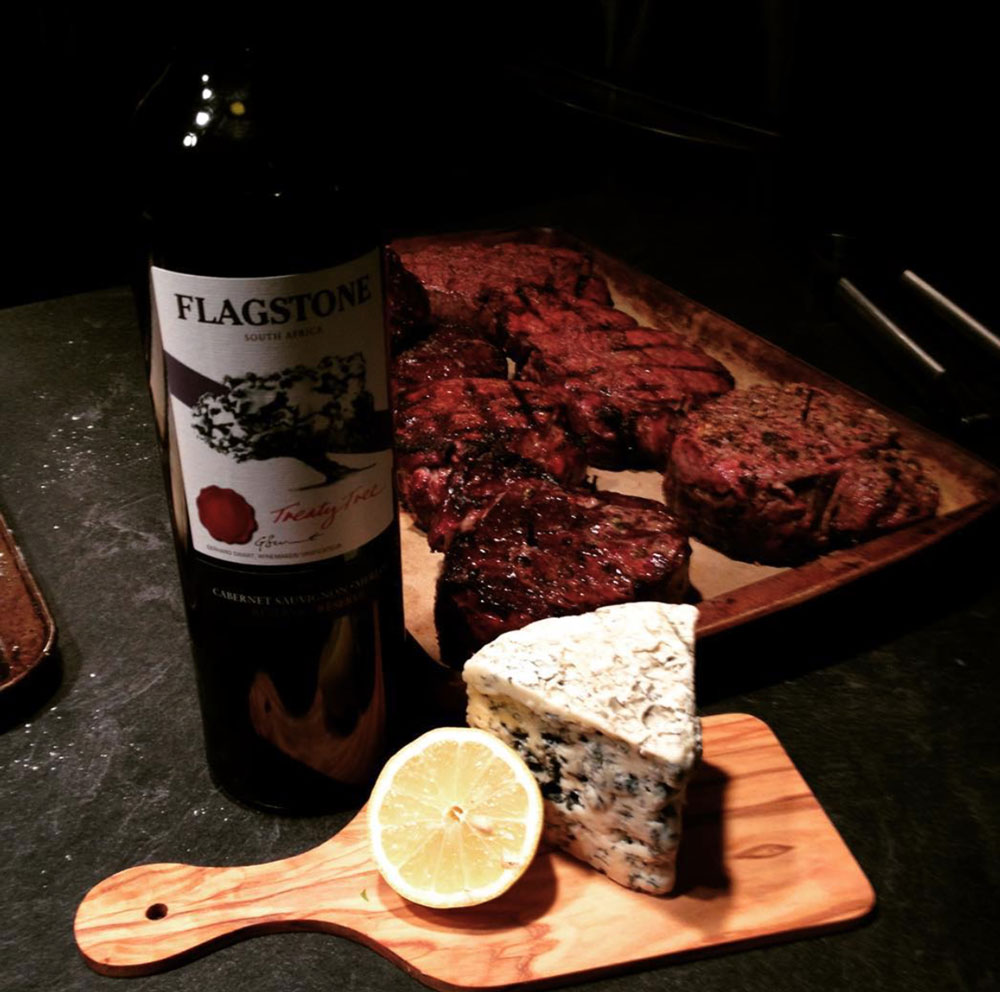Who doesn’t love a summer barbecue surrounded by friends and family? The pleasant smell of grilled meat is mouth-watering. But what about your health? Some say that grilling your food can cause health risks, while others say it’s perfectly safe. What is the truth, and if there are risks, what can you do about it?
 Weight
Weight
Public opinion says that eating grilled meat is healthier, especially for those watching their weight. Grilling your meat indeed lets the fat drain out during cooking. It’s also a lot healthier than breaded and deep-fried meat.
On the downside, many, when grilling, cook meats and sausages that are fatty. So even if part of the fat is eliminated during cooking, there is still some in the meat, which means more fat, calories and cholesterol in your system.
Cancer
Some people say that cooking your meat on the grill increases the risk of cancer. But is it really the case?
In fact, the danger comes from cooking the meat at high temperatures directly over a flame. Some of the natural components found in the meat, like sugar, creatine and amino acids, transform into cancerous chemical components, heterocyclic amines (HCAs), when submitted to high temperatures of 400 °F (200 °C) or more. Moreover, when the fat from the meat falls on the grill’s flames or charcoals, it transforms itself into polycyclic aromatic hydrocarbons (PAHs), which are volatile toxic substances that mix in with the smoke and settle on your food.
Even if it’s difficult to calculate the exact exposure level of a person eating such foods, it’s better to stay on the safe side. The Canadian Cancer Society website mentions that research shows that cooking meat, poultry and fish at high temperatures (frying, broiling or barbecuing) may increase your risk of cancer.
What to Do?
Given this information, what can you do? You want to eat healthily and don’t want to risk getting cancer. Should you sell your grill and never eat barbecue again in your life? Rest assured, that is not the answer. There are many ways that you can cook on your grill with no risk to your health. The following points of this article take a detailed look at grilling tips that will make your barbecue season completely safe.
Lean Meats
Since burnt fat transforms itself into PAHs, favour lean meats. If you can’t find a lean cut of meat, cut off the skin and any visible fat on your meat before grilling it. Poultry and seafood are naturally lean meats. Grilling lean meat is all to your advantage since it’s good for your waistline and it considerably reduces the risk of cancer.
Marinades
Marinate your meat before grilling. The Public Health Agency of Canada says that studies show that marinating meat, even for just 10 to 20 minutes, can prevent the formation of cancer-causing chemicals by as much as 90%. To be effective, the marinade should contain little or no oil at all, should be low in fat and must contain a strong acid like lemon juice or balsamic vinegar.
Add spices to your marinade. Garlic, thyme and sage all reduce the amounts of HCAs in meat, and rosemary is particularly potent. Red wine and beer are also good to use in marinades. Working as antioxidants, they decrease the formation of cancerous chemical components.
Marinate your meat for two hours maximum. Marinating longer than that diminishes the percentage of antioxidants in the sauce, which you want to avoid.
Clean Grill
Clean your grill before use. The leftover char you’re cleaning out is filled with toxic substances you want to avoid ingesting.
Indirect Heat
Avoid cooking your meat directly over the flames. Favour slow cooking in indirect heat, which prevents HCA and PAH formation. You can use a cedar bloc to do so if you want. The most important is to avoid burning or carbonizing the meat.
Pre-Cook
Cook your meat partially in the microwave, then finish cooking it on the grill. This reduces the time your meat spends on the grill.
Cook Thoroughly
You want your meat to be thoroughly cooked, but not too much. Use a thermometer to make sure your meat reaches its minimal internal temperature. A prolonged exposure to high temperatures increases the number of cancerous substances in your meat. A shorter cooking time prevents carbonization. If you like your meat very well done, get into the habit of cutting off any burnt or carbonized part before eating.
Flip Often
Flipping your meat often while grilling diminishes the number of toxic substances produced. Use tongs or spatulas to flip your meat to avoid piercing it and releasing its juices and fat on the flames or coals below.
 Vegetables
Vegetables
Grill plenty of fruits and vegetables. Fruits and vegetables are delicious on the grill, and they contain no cancerous toxins. Make vegetable kebabs, and add a bit of meat to it if you must.
Fruits and vegetables play an essential part in weight loss. While you have to use restraint in every food group, that is not the case for vegetables. You can eat as many vegetables as you want; they’re good for your health and good for weight loss. When you’re at a barbecue with friends, it’s easy to fill up on delicious grilled meat. To make it easier on you, fill half your plate with vegetables and some fruit. You satisfy your hunger with nutritious food that is low on calories and are less tempted to fill up on fatty food.
Find Balance
As in every aspect of life, it’s important to be moderate and find the right balance. Grilling gives a delicious, distinctive taste to food. By using the tips above, you’ll be able to use your grill all summer long, with no worries for your health.














0 Responses